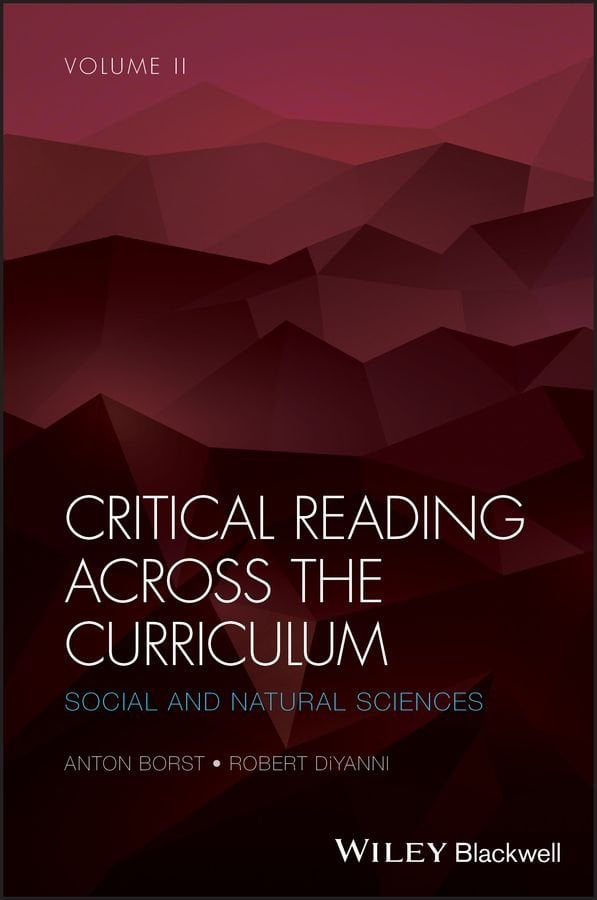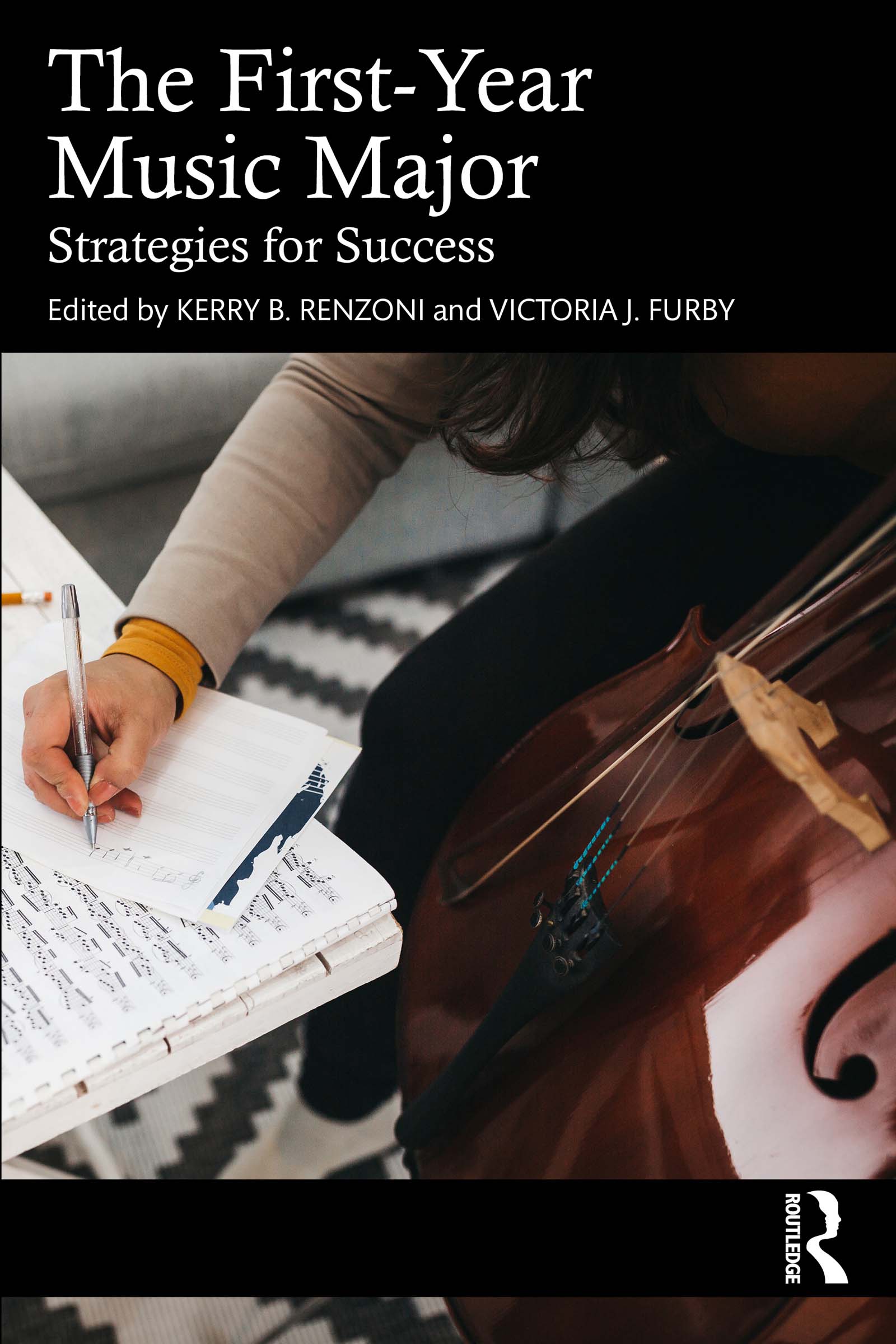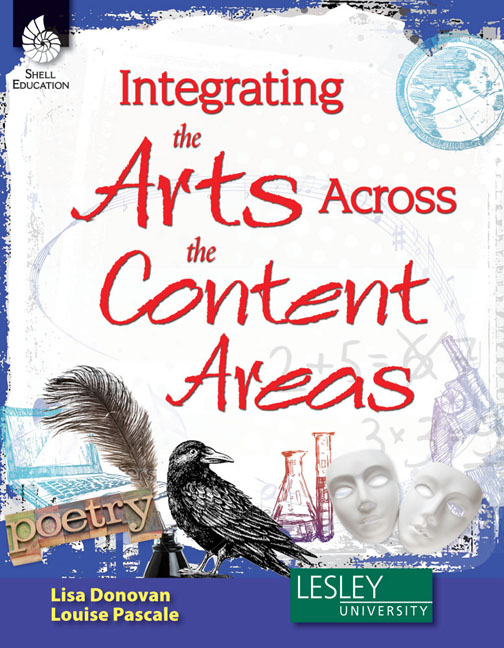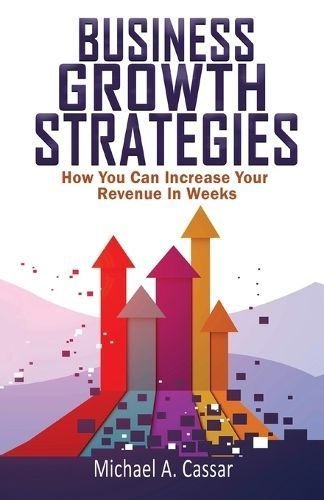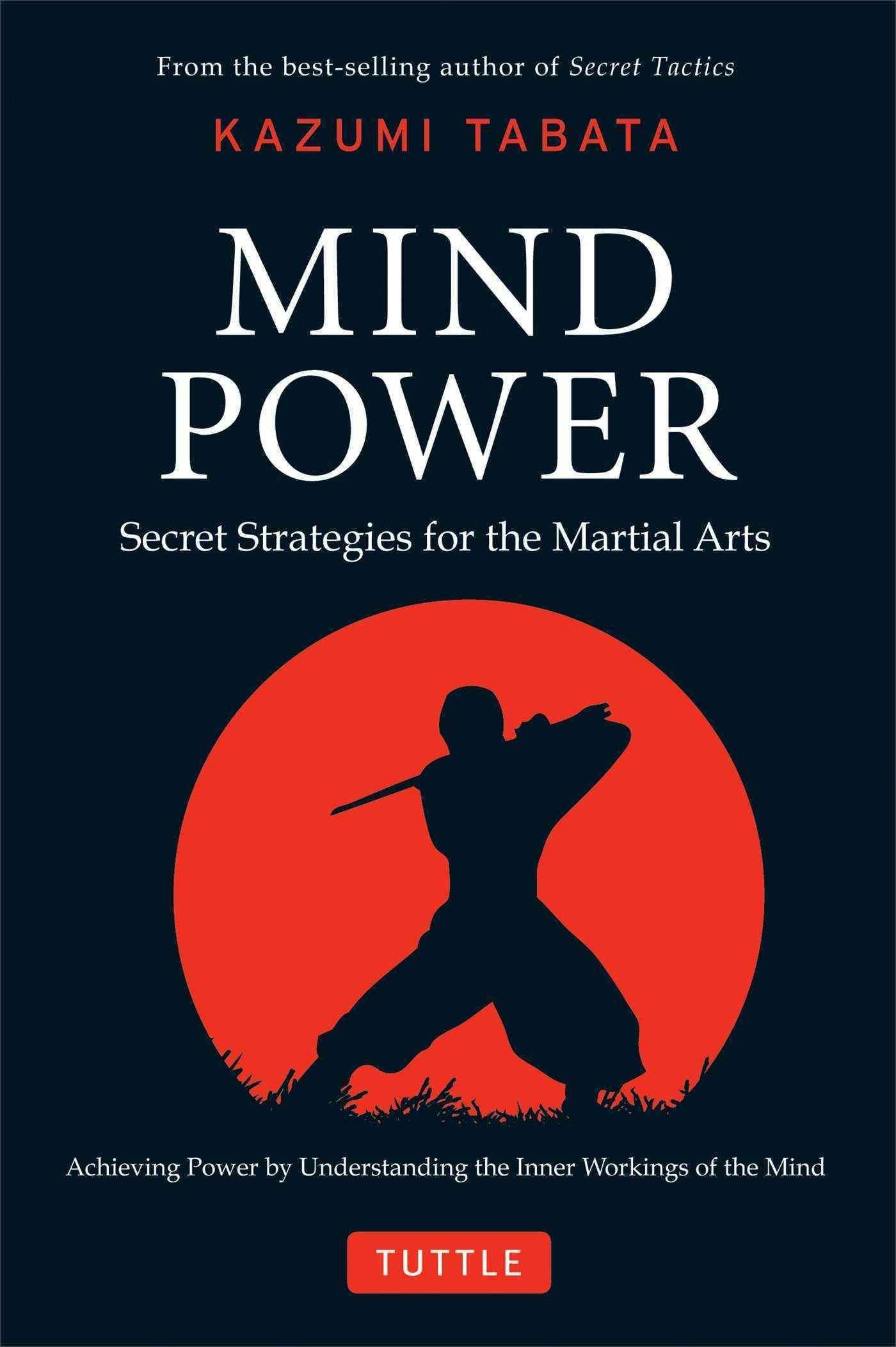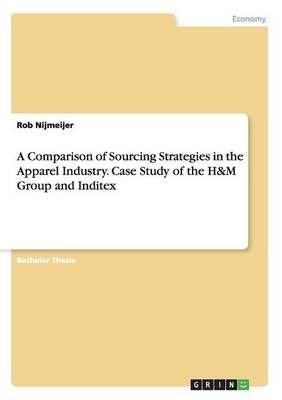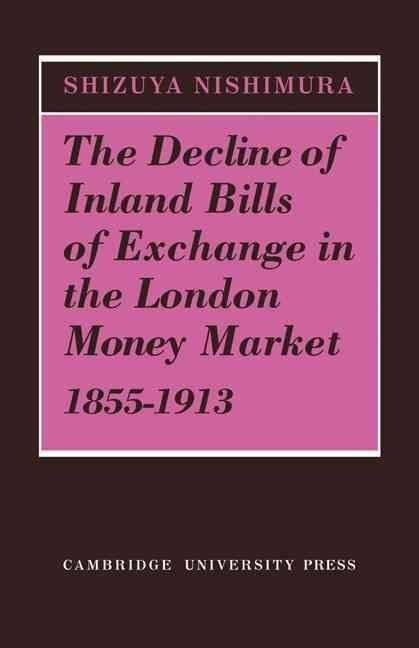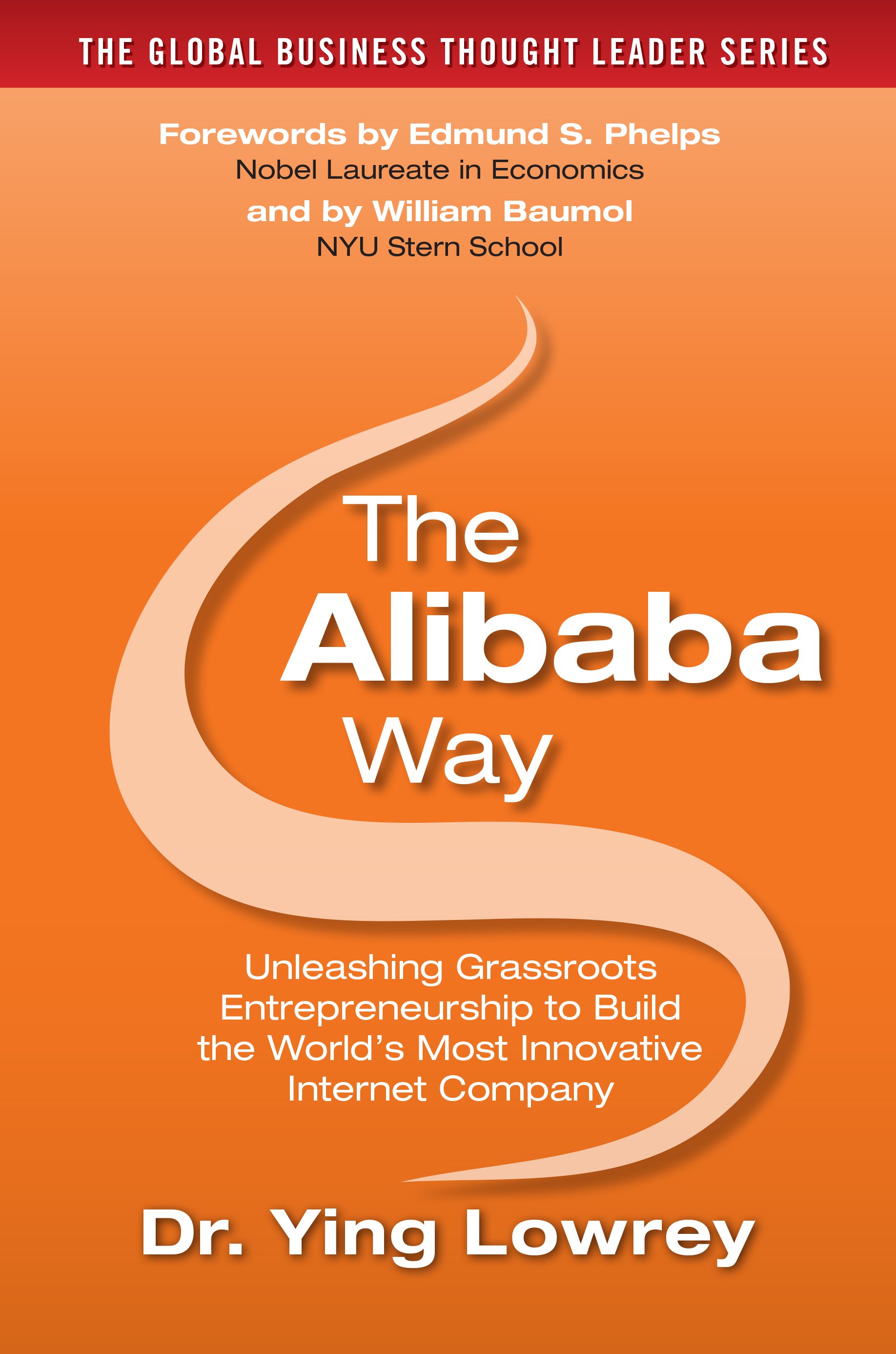Strong critical reading skills are an essential part of any student’s academic success. Teaching these vital skills requires educators to develop and implement effective teaching strategies, often based on their own critical reading practices. Critical Reading Accross the Curriculum, Volume 2: Social and Natural Sciences provides educators with expert insights, real-world methods, and proven strategies to build critical reading skills in students across disciplines. Drawing from the experience of seasoned classroom practitioners, this book presents a dozen essays that offer various applications of critical reading best practices in fields such as anthropology, biology, economics, engineering, political science, and sociology Clear, jargon-free chapters identify, explain, and illustrate best teaching practices for critical reading. Containing numerous practical examples and demonstrations, essays written by experts in their respective fields explain what critical reading requires for the discipline, as well as how to teach those skills in the classroom. Every essay includes a host of pedagogical activities, assignments, and projects that can be used directly or adapted for diverse teaching applications. The book helps educators: Develop the skills students need to ask the right questions, consider sources, assess evidence, evaluate arguments, and reason critically Encourage students to practice critical reading skills with engaging exercises and activities Teach students to establish context and identify contextual connections Explain how to read for arguments, including content-based and conceptual arguments Adapt and apply teaching strategies to various curricula and disciplines
